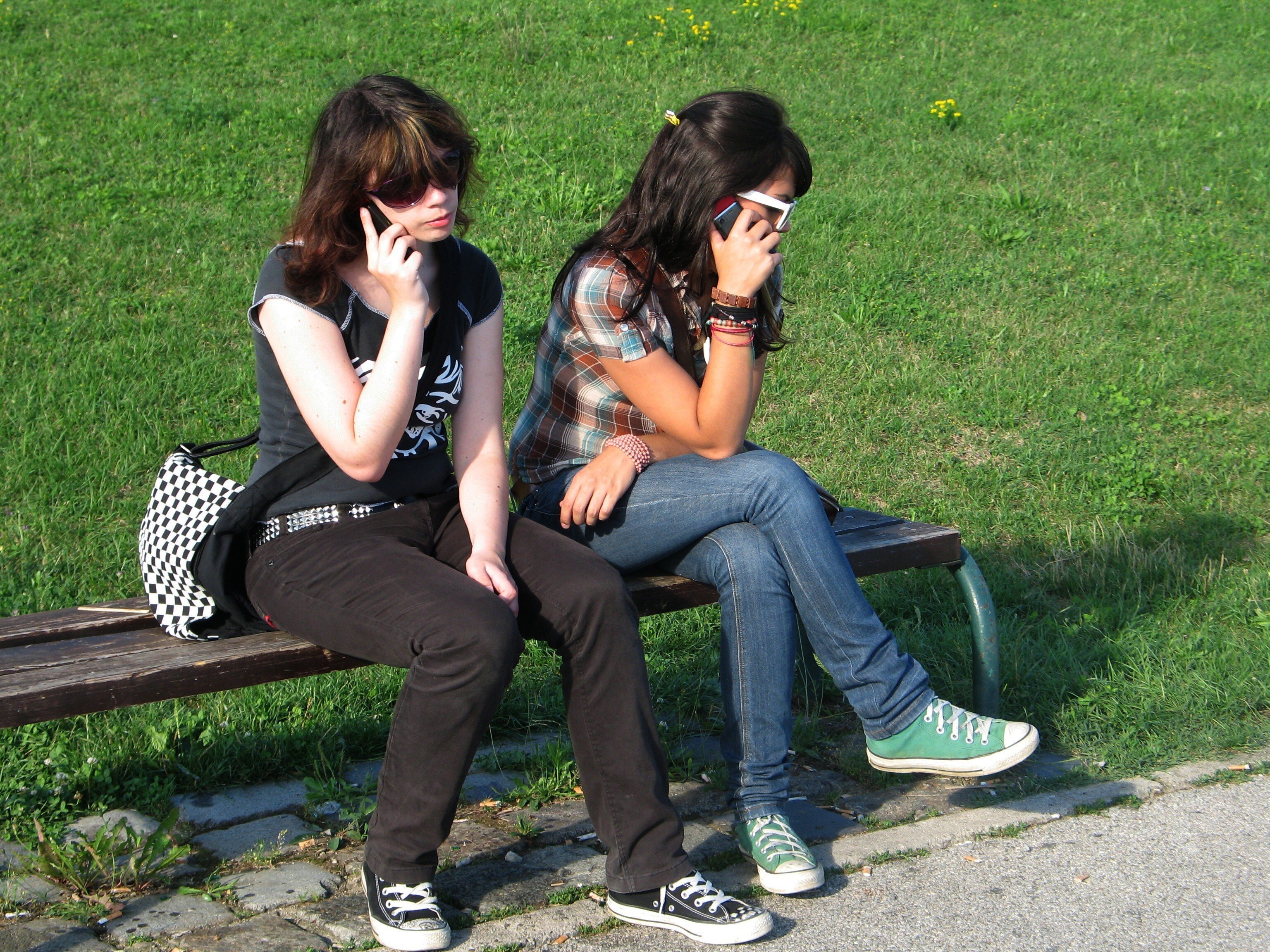He is the archetype of the modern twenty-something university student: Small backpack dangling over one shoulder, clad in a monochrome jumper, facial hair sprouting unevenly around his lower jaw, leg swung over the knee of the other in a pose openly expressing his self-assurance. He rides the 7:55am Sandringham train to the city. Then there’s the pièce de résistance of the Gen-Y prototype: The smartphone. The technology industry’s latest incarnation of a phone that’s also a computer, an arcade, a newspaper, a jukebox, a radio, a movie store, a shopping centre, a bookstore, a watch, an alarm clock, a camera and a GPS.
He’s currently making use of two of his smartphone’s features – texting and listening to music at the same time – the electronic jingle of the music from his earbuds audible from five metres away. He multitasks throughout the journey, totally immersed. At the next station, another man goes to sit in the window seat opposite the student. Without looking up, without the least bit of acknowledgement of the other man’s existence, he moves his leg allowing the other man to shuffle into the adjacent seat. It’s as if the student is in his own digital cocoon, where everything that matters is on his phone. By contrast, the physical world is peripheral and doesn’t deserve any of his conscious thought, much less his recognition.
Poet John Donne once famously wrote “no man is an island, entire of itself …”, but perhaps he’d reconsider these words if he saw the indifference with which this young man regards his immediate surroundings. The irony is thick: those who see themselves as highly connected are potentially the most disconnected. This detachment is not unique to young people. Dozens of eyes are fixed on compact devices in laps and hands, as if users are unaware anything exists beyond the boundaries of their screens. They willingly confine their lives to ultra-thin, ultra-fast, wireless, intelligent rectangles.
Information technology companies would have people believe that four inches of LED screen is a radically large amount of space on which to view all the things that matter. Large enough for a phone, perhaps, but if you’re trying to squeeze a whole life into it, it could get a bit claustrophobic. As with the young man on the train, most of us pride ourselves on our instinctive knack for using new-age communication and media devices. One of the distinguishing traits of our generation, after all, is that we are the first to have access to such technologies our entire lives.
But it seems a shame that this technology is starting to dominate our lives to the point where we depend on it to feel complete, and that digital connection comes at the expense of face-to-face connection, which is often more rewarding in the long term. We millennials might consider it outdated and untrendy, but it wouldn’t hurt to reconnect with the real world from time to time, and appreciate the interlude it provides from the cacophony of a world pervaded by technology.
Alexander Darling


